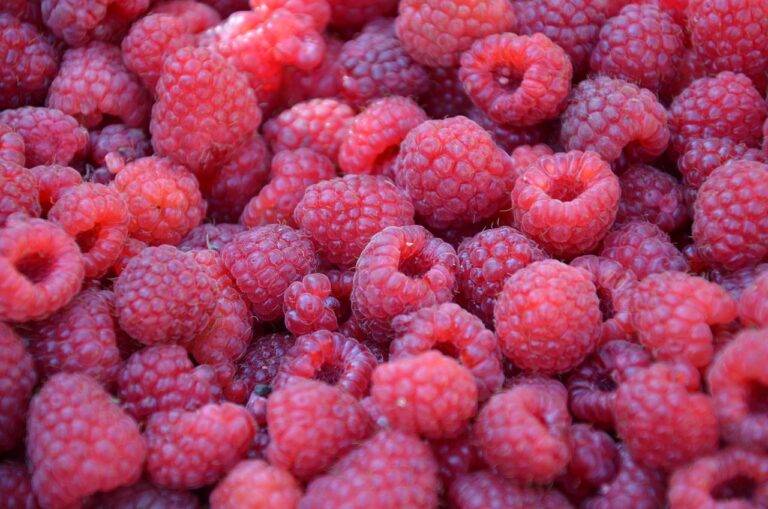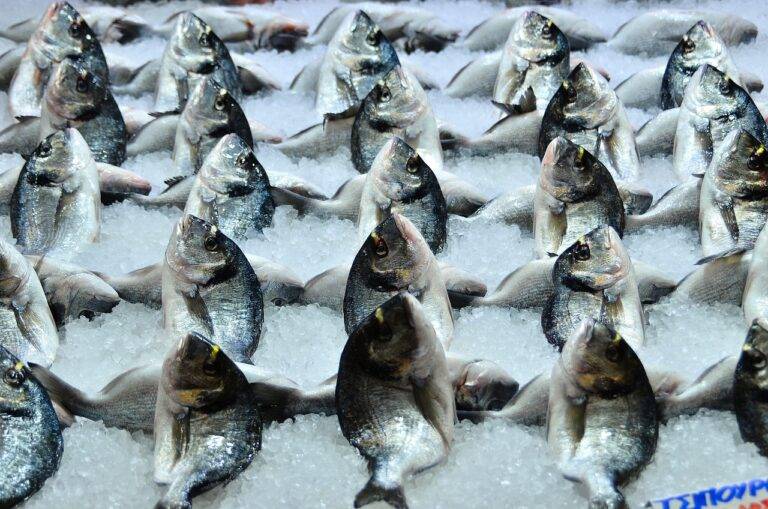The Role of Artificial Intelligence in Food Safety
Artificial Intelligence (AI) is transforming the landscape of food safety by offering advanced solutions for detecting contaminants in food products. AI technologies are equipped with the ability to quickly analyze vast amounts of data to identify potential risks and ensure that food products meet safety standards. By utilizing machine learning algorithms, AI can accurately pinpoint anomalies or traces of contaminants in food samples, enabling proactive measures to be taken to prevent potential health hazards.
Moreover, AI applications in food safety have significantly enhanced the speed and efficiency of detecting foodborne illnesses and outbreaks. Through the integration of AI-powered systems in food processing and distribution chains, companies are able to streamline their monitoring processes and swiftly identify any signs of contamination. By automating tasks such as quality control and real-time monitoring, AI not only improves the overall safety of food products but also provides a cost-effective solution for businesses in the food industry.
Detecting Contaminants in Food Products with AI Technology
Artificial Intelligence technology has paved the way for enhanced food safety measures by offering innovative methods to detect contaminants in food products. With AI algorithms, companies can now analyze vast amounts of data in real-time, identifying potential risks and ensuring the quality of food items throughout the production process. By utilizing machine learning capabilities, these systems can automatically flag anomalies or inconsistencies that may indicate contamination, enabling timely intervention and prevention of widespread issues.
Furthermore, AI-driven solutions are able to streamline the inspection process, making it more efficient and effective. Through the use of advanced sensors and imaging techniques, these technologies can rapidly scan and analyze food samples, detecting even the smallest traces of contaminants with high accuracy. This not only helps in maintaining regulatory compliance but also instills greater consumer confidence in the safety and integrity of the food products they purchase.
How does AI technology help in detecting contaminants in food products?
AI technology uses advanced algorithms to analyze large amounts of data quickly and accurately, allowing for the detection of contaminants in food products that may be missed by traditional methods.
Can AI technology be used to improve food safety in general?
Yes, AI technology can be used to improve food safety by identifying potential risks, monitoring food production processes, and detecting contaminants that may pose a threat to consumers.
How reliable is AI technology in detecting contaminants in food products?
AI technology has been shown to be highly reliable in detecting contaminants in food products, with many studies demonstrating its ability to accurately identify harmful substances and potential risks.
Are there any limitations to using AI technology for food safety?
While AI technology is highly effective in detecting contaminants in food products, it is not without limitations. Factors such as data quality, sample size, and the complexity of the food supply chain can impact the accuracy of AI algorithms.
How can food companies benefit from implementing AI technology for food safety?
Food companies can benefit from implementing AI technology for food safety by improving product quality, reducing the risk of contamination, and enhancing consumer trust in their products.





